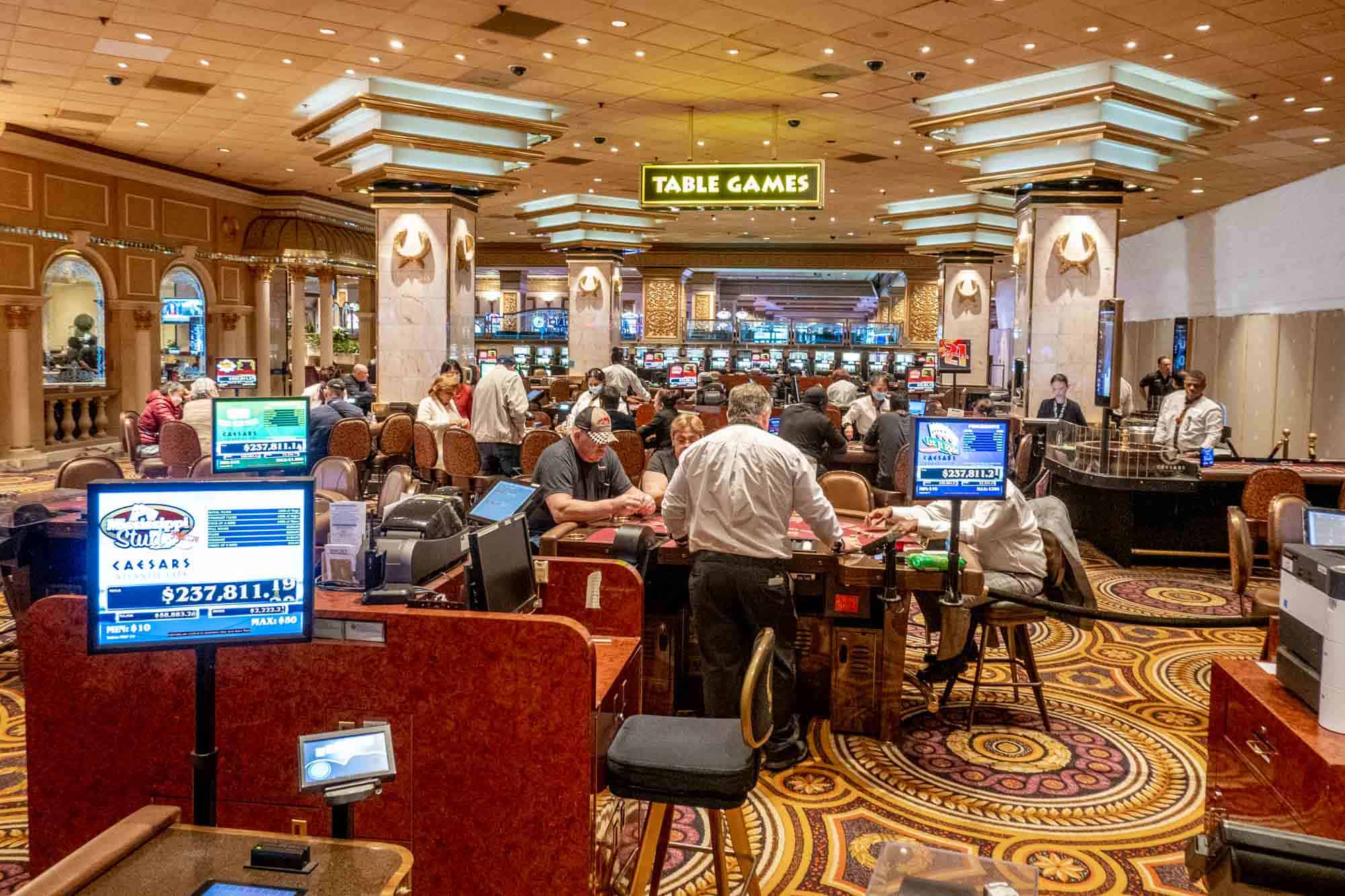Diving Into Tabletop Games: More Than Just Chance

When we think of gambling games, the initial images that often cross our minds are those of spinning wheel devices, card chips clattering on felt tables, and dice flying across a gaming surface. While many view these games as simple hobbies fueled by luck, a deeper exploration reveals a fascinating blend of strategy, expertise, and community engagement that elevates them far beyond simple chance. Whether you are a experienced player or a inquisitive newcomer, understanding the nuances of these activities can significantly enhance your experience and understanding.
Gambling games have developed over hundreds of years, with different cultures contributing to their rich histories and different forms. From the intricate tactics of blackjack to the bluffing methods in poker, players engage in a battle of intellect as much as a gamble on numbers. This dynamic interplay between luck and expertise creates a thrilling atmosphere that draws millions to gambling establishments worldwide. As we explore the realm of table activities, we will reveal the methods that can tilt the odds in your advantage and the community elements that make these activities a popular choice for entertainment and engagement.
A Strategy of Table Gaming
Table games frequently involve a blend of ability and chance, which makes them intriguing for players who like a test. Each title has its own set of guidelines and strategies that can influence the results. For example, in titles like blackjack, participants are required to use strategies like card counting and grasping the odds to make smart decisions. This expertise can significantly improve the winning potential, differentiating seasoned participants from novices who may depend entirely on luck.
In contrast, titles such as the roulette may appear to be purely based on luck, but strategic thinking can also play into play. Players can choose between various wagering tactics, such as the Martingale system, in which they increase their bets after losses. This method can establish a more methodical approach to the game. Grasping the probabilities of specific bets can also assist players make smarter decisions on the table, demonstrating that even titles of chance, strategy can enhance the enjoyment.
Additionally, the game of poker is notable as a title that heavily focuses on tactics. In contrast to most casino games, the game of poker merges skill, psychology, and luck. Players must also focus on the hands they are dealt but also consider their rivals' behavior and wagering patterns. Mastering concepts like position, pot odds, and reading bluffing is crucial for success. This complexity of strategy in the game of poker often creates to a more engaging experience for players, where the choices and skills significantly affect the match's results.
Comprehending Probability and Ratios
In the realm of gambling games, probability and odds hold a critical role in determining a player's potential outcomes. Every match has its own collection of guidelines that define how the probability of winning or failing is calculated. For example, in matches like 21, players have a chance to modify their odds through planning, whereas in matches like roulette, the results are exclusively dictated by chance. Understanding how these probabilities are measured can greatly affect how a player tackles the match.
Odds are typically expressed in two formats: fractional and numeric. Ratio odds indicate the proportion of the sum won to the amount bet, whereas decimal odds show the overall payout for a successful bet, which includes the stake. For instance, if a game has odds of 5 to 1, this means that for every one dollar staked, a gambler could gain five units if successful. Learning how to interpret these ratios allows players to assess their possible earnings and make more educated decisions during gameplay.
Gamblers should also be aware of the house edge, which is the casino's built-in advantage over the players. Each match has a distinct house edge, and comprehending this idea is essential for handling one's expectations and budget. Activities with a lower advantage, such as 21 and chemin de fer, typically offer superior ratios for gamblers compared to activities like slots and lottery. By recognizing the connection between probability, odds, and the house edge, gamblers can improve their gaming engagement and strategize more effectively. https://king88a.org/
The Social Aspect of Casino Table Games
Table games at gaming establishments are often seen as a center of community engagement, bringing players together in a shared experience that extends far past the mere act of gambling. The atmosphere at a poker table can be electric, with players engaging not only with the game itself but also with one another. Joy, excitement, and, occasionally, playful teasing create connections that enhance the overall enjoyment of the gaming experience. This communal aspect can turn a alone endeavor into a lively social event, making table games particularly appealing. King88
One of the intriguing elements of table gaming is the way it fosters friendship among players. Whether it's collaborating to defeat the dealer at a craps table or exchanging tales between hands in a poker game, the environment encourages interaction. Players often share tips or tactics, creating a sense of togetherness that boosts the fun. This social dynamic can make new gamblers feel included and less intimidated by the competitive nature of casino games. As the game progresses, friendships may form, leading to a sense of connection that keeps participants coming back to the table.
Moreover, the social aspect of gaming at tables extends beyond just the players. Dealers play a crucial role in facilitating interaction and maintaining the flow of the game. Their ability to engage players with warm dialogue and their expertise in running the table can create an inviting atmosphere. This connection between participants and staff adds another layer of enjoyment, where gamblers feel connected not only to one another but also to the staff. Such interactions are often what make the experience unforgettable, as players leave with stories to tell and relationships made, reinforcing the notion that table games are truly about more than just chance.
